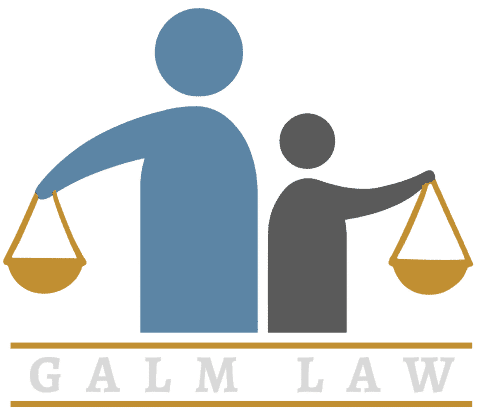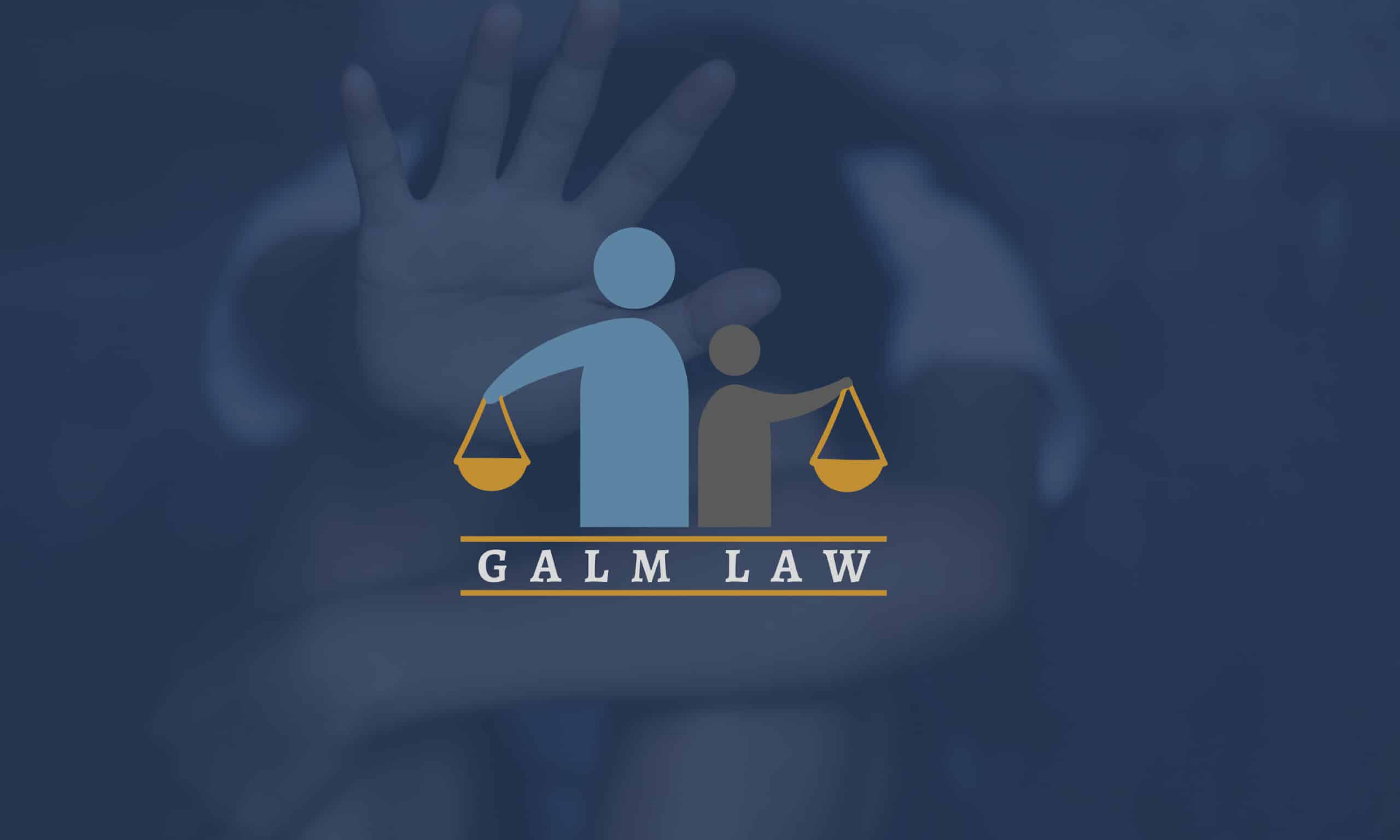When you’re dealing with laws, there’s always jargon involved. While it can be confusing for people who haven’t gone to law school, the precision of language is imperative to properly enacting laws. Better understanding these common personal injury terms can help you, whether you’re currently involved in a personal injury case or just wanting to better understand the terminology and applications.
Catastrophic Injury
A severe injury that has serious, long-term effects on the victim, leaving them unable to perform daily functions, often including the ability to work. Head, neck, spine, and brain injuries are the most common type of catastrophic injury, and catastrophic injuries tend to put severe strain on personal relationships and finances.
Comparative Negligence
A model in which the responsibility for paying damages is split between the plaintiff and defendant, and the recovery for damages is determined by the percentage of fault attributed to them. Some states, like Oregon, use a modified comparative negligence system, meaning the plaintiff only recovers damages if they’re determined to be less than 51% at fault.
Compensatory Damages
Money awarded to a plaintiff to compensate for actual losses, including damages, injury, or losses incurred from an inability to work. Unlike punitive damages, which go above and beyond proven losses in order to act as a deterrent for the defendant, compensatory damages are intended to provide the monetary amount necessary to replace what was lost and nothing more.
Daycare Negligence
Daycare negligence occurs when a child is injured or killed because of negligence on the part of their daycare. Common types of negligence include understaffing, lack of training, lack of supervision, insufficient supervision, insufficient care, or dangerous premises.
Deposition
Part of the pre-trial process in which the attorney for one of the parties to a lawsuit demands the sworn testimony of the opposing party (defendant or plaintiff), a witness to an event, or an expert witness intended to be called at trial by the opposition.
Distracted Driving
The practice of driving a motor vehicle while engaged in another activity which takes your attention from the road. Distracted driving laws vary by state, but distracted driving is often caused by talking or texting on the phone, eating, grooming, using a navigation system, or reaching across the car.
Duty of Care
The legal requirement that an individual act toward the public with the watchfulness, attention, caution and prudence that a reasonable person in the circumstances would use. If an individual’s actions do not meet this standard of care, then the acts are considered negligent, and any foreseeable damages resulting may be claimed in a negligence lawsuit.
Failure to Warn
Most common in product liability cases, failure to warn occurs when a party had the opportunity to warn the other of a hazard and failed to do so, resulting in the harm of someone else.
Income Replacement Benefits
Money awarded in place of the typical income one would make working; often received by an individual injured in a car accident who can no longer work due to the injuries sustained. This money is typically paid by the car insurance company.
Letter of Protection
A letter written by a personal injury attorney and sent to a healthcare professional, which gives permission for an injured individual to receive care they could not otherwise afford, on a credit basis, with the agreement that the services will be paid for directly out of the settlement or judgement.
Litigation Risk
Determined by your attorney, the litigation risk is the likelihood of winning a personal injury lawsuit in court, rather than settling outside of court. To determine this risk, your attorney will consider the strength of your case, as well as certain unpredictable factors, including the potential for a strict judge, poor witness presentation, last minute evidence, and other possible surprises from the defendant.
Loss of Consortium
A claim brought by the spouse or family member of someone who has been severely injured or killed to compensate for the loss of love, affection, companionship, comfort, or sexual relations that were provided before the accident.
Negligence
Failing to behave with the level of care considered reasonable under a set of circumstances.
Nursing Home Negligence
A form of substandard care or breach of duty that causes harm to a patient in a nursing home.
Out-of-Court Settlement
A compromise reached between the plaintiff and defendant, which does not require further approval by a court or judge. An out-of-court settlement is often reached before a trial takes place.
Personal Injury Protection (PIP) Insurance
A type of auto insurance mandated by certain states, including Oregon, which covers medical expenses for injuries of anyone involved in a car accident. This is also known as no-fault car insurance.
Premise Liability
The legal principles that hold landowners, homeowners, and tenants responsible when someone enters their property and gets injured due to dangerous conditions. Premises liability claims are typically based on negligence.
Product Liability
The liability of any or all parties along the manufacturing chain of any product for damage or injury caused by that product. This includes everyone from the manufacturer of component parts to the retail owner who sold the product.
Proximate Cause
Also known as legal cause, proximate cause refers to what the law recognizes as the primary cause of the injury. If a sequence of events led to the injury, for example, the law doesn’t necessarily attach liability to all the actors or events responsible. The likelihood of calling something a proximate cause increases as the cause becomes more direct and necessary for the injury to occur.
Quality of Life
An assessment used in personal injury cases to determine the type of existence an individual will be able to lead after an injury. A quality of life assessment can include a number of factors, including activities of daily living, mobility and organization, recreational or work-related activities, future prospects, etc.
Responsible Party Host Liability
Also known as social host liability, these laws hold party hosts liable for any alcohol-related injuries or deaths caused by a minor or any individual who was allowed to drink excessively at their party.
Slip And Fall
A term used to describe a premises liability claim in which an individual slips, trips, or falls on someone else’s property, resulting in an injury.
Statute of Limitations
A law determining the period of time someone has to file legal action, which usually begins when the injury or damage occurs. The statute of limitations can vary by state and case type.
Wrongful Death
A type of lawsuit in which damages are sought on behalf of the survivors or beneficiaries of a person who died as a result of negligent or intentional conduct. Damages for wrongful death cases can include medical expenses prior to death, loss of earnings, and loss of consortium.
If you think you might have a personal injury case, contact Paul Galm Law for your free consultation

